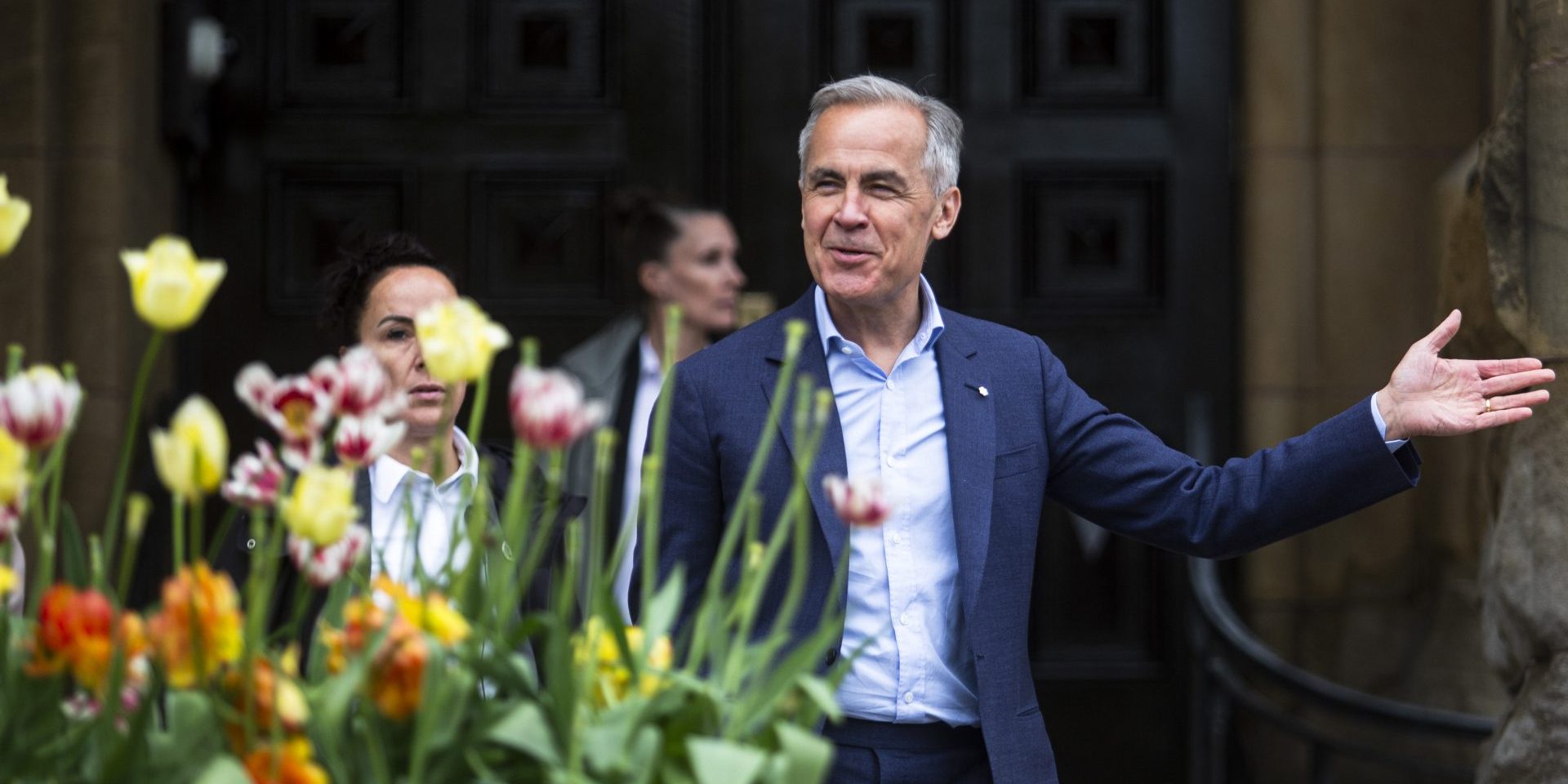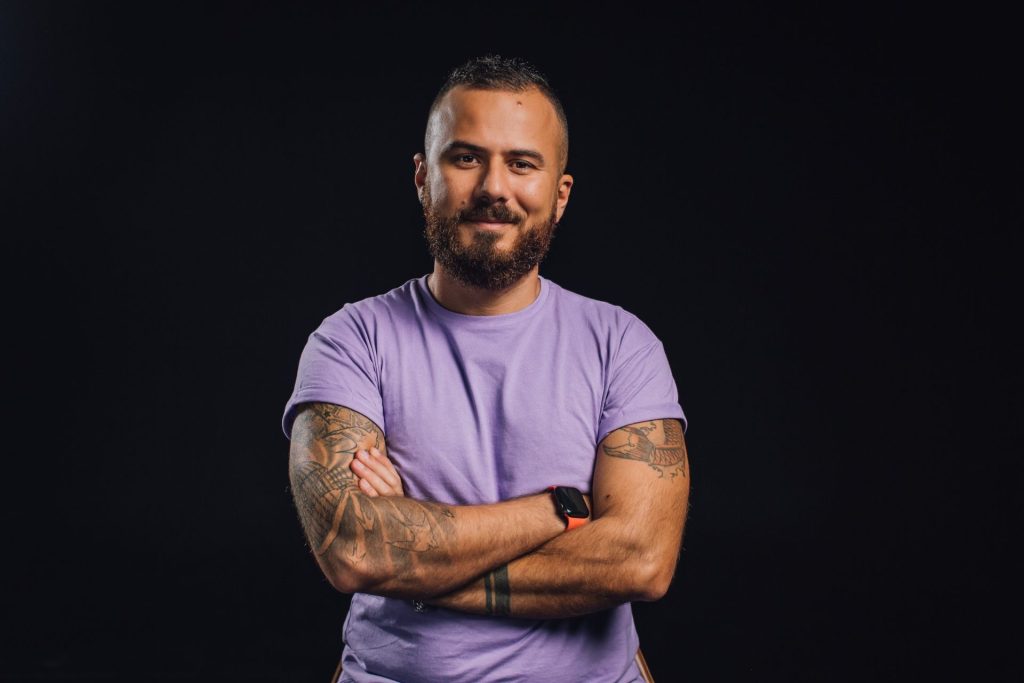Time for the Liberals to protect Canadian voices as promised

“Protecting Canadian Voices” was a key plank in the Liberal platform during the recent election. That document went on to say “a strong culture is forged by the history we share and the stories we tell that are uniquely our own. In a sea of American media and disinformation, we need Canadian voices more than ever.”
This strikes me as very good and positive policy because I have a Canadian voice and many stories uniquely my own, even though “the history we share” is likely somewhat short. I came to this country in 2014, a refugee from Syria’s bloody civil war. I became a Canadian citizen in 2019, and have now proudly voted in three federal elections.

I use my Canadian voice in many contexts. I am an author of fiction, non-fiction, and children’s literature. My books are read widely across Canada, including in classrooms and on university reading lists.
I am an activist who fundraises for LGBTQ+ refugees. I have raised close to half a million dollars in this mission, helping my refugee siblings come to this marvelous country, and to find their own Canadian voices.
And I am an advocate for my fellow Canadian authors. For the last two years, I have served as chair of The Writers’ Union of Canada, a volunteer role of which I am immensely proud. On taking this position, it was my stated goal to help break down barriers for a more diverse group of writers, so they, too, might have their Canadian voices turned into books. I believe I have moved the union and the professional writing sector forward on that mission.
But, I have also been determined to see all professional Canadian voices, both established and emerging, better protected and encouraged in the marketplace and economy. You see, by the time I arrived in Canada, a key market for authors in this country had already been fatally corroded. The licensing of copies for educational use—once a backbone economic driver for those “stories we tell that are uniquely our own”—was already two years into steep decline. That decline now represents over $250-million in lost income for Canadian writers and publishers. A loss that size might very well have destroyed our sector, and it certainly held us back at a crucial time when the world would have benefited from stronger Canadian voices on the global scene.
How did this happen?
In 2012, a highly contested amendment was made to Canada’s Copyright Act. This change was supposed to bring clarity to schools, colleges, and universities around their growing habit of copying rather than purchasing published materials. It was expressly not permission to stop paying cultural workers, to walk away from copyright licensing, and to start copying massive amounts for free. Yet that’s what happened. Educational cost-cutters jumped at what they decided was a free-for-all. And they defied both Parliament and the courts to do so.
Meanwhile, struggling Canadian authors who might reasonably expect crucial licensing royalties to improve their meagre incomes get nothing. Our uniquely Canadian voices are still valued by teachers, professors, and students. Our writing is still taught, our stories still told in classrooms. But we are no longer paid for that work.
At a time when American tech companies devalue and disrespect our work by stealing it for their AI profit machines, one might reasonably expect Canadian institutions to stand as frontline protectors of Canadian stories. But that’s not going to happen without direction from Parliament and strengthened law.
Today, several authors occupy key positions in cabinet, including Prime Minister Mark Carney, Industry Minister Mélanie Joly, Culture Minister Steven Guilbeault, and former journalist and new Artificial Intelligence Minister Evan Solomon. Given their background, I have faith we can work together to ensure the stability and prosperity of Canada’s book sector.
Canadian voices deserve the protection promised by Carney. They are a strong shield for our sovereignty, and a stunning representation of our culture. Let’s make a real change, and repair the market for Canadian cultural work.
Danny Ramadan is a Syrian-Canadian author, LGBTQ+ refugees advocate, and chair of The Writers’ Union of Canada. He is the author of Crooked Teeth, The Foghorn Echoes, The Clothesline Swing, and the award-winning Salma children’s series. His work has won the Lambda Literary Award, the Publishing Triangle Award, the Independent Publisher Book Award, and was longlisted for Canada Reads.
The Hill Times





 LICENSING
LICENSING PODCAST
PODCAST ALERTS
ALERTS


